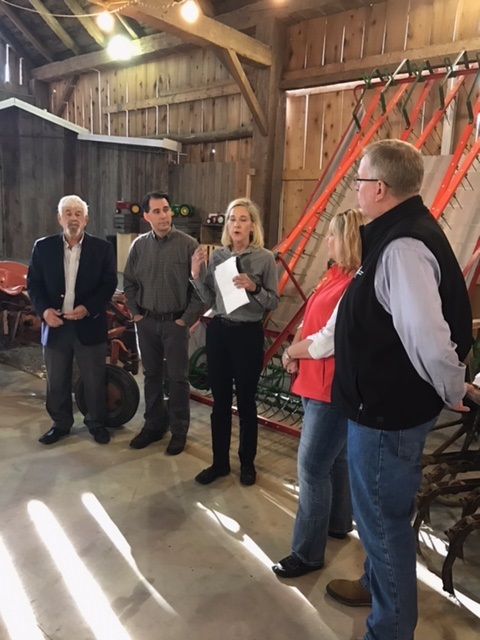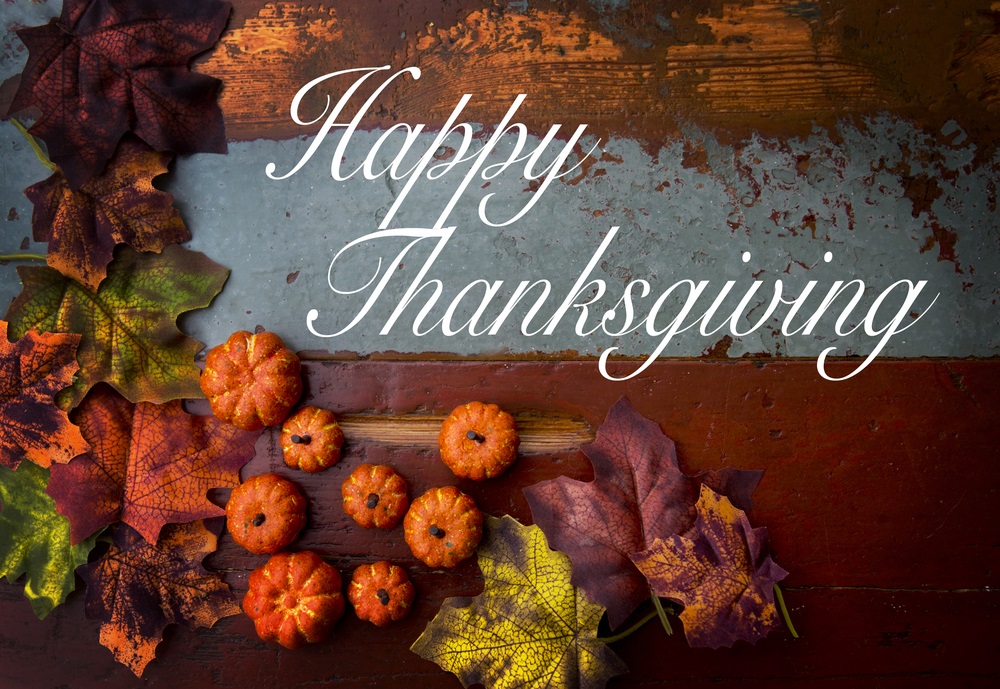Re-Election
Thank you 1st
Assembly District! I am incredibly honored that you have
re-elected me to serve as your representative in Madison, and I
am anxious to get back to work on the issues that are important
to our area. Election rules prevented me from sending out
e-updates for the past six months, but now that elections are
over, I intend to keep you all informed with regular updates.
I will not pretend to enjoy the stress involved in running for
office, but it provided me with a great opportunity to connect
with the people of the district and hear their concerns firsthand. I knocked on thousands of doors in Door, Kewaunee, Brown,
and Manitowoc Counties and talked to people who, otherwise,
might never have contacted my office. I urge you all to continue
to voice your opinions, either by contacting my office or by
attending my listening sessions. I take pride in
being very responsive to our constituents, and it is vital that
I hear your priorities, thoughts, and comments in order to effectively represent you.
Working on your behalf has been a wonderful experience. I am
very proud of what we were able to accomplish during my first
term. I know that I have gained a great deal of knowledge of
the legislative process and will be even more effective during
this term. We have many challenges before us, but I am confident
that together we can rise to meet them.
Biodigester Announcement in Kewaunee
Last Thursday,
Governor Walker visited the
Agricultural Heritage Farm in Kewaunee County, along with
Department of Natural Resources (DNR) Secretary Cathy Stepp,
Public Service Commission (PSC) Chair Ellen Nowak, and
Department of Agriculture Trade and Consumer Protection (DATCP)
Deputy Secretary Jeff Lyons, for a major announcement on state
involvement in the development of community biodigesters in the
county. Biodigesters break down manure and produce biogas, a
renewable energy source and through the process, pathogens are
eliminated. Water is then removed and the nutrients, primarily
phosphorous and nitrogen, are separated and put in a form that
can be used as a fertilizer. This will greatly reduce the need
to apply large volumes of raw manure on farm land and reduce the
risk of groundwater contamination.
The state will begin taking bids next month and the DNR, PSC,
and DATCP will work cooperatively on this venture. It is our
hope that the Kewaunee County project will serve as a model for
the rest of the country. This is not a silver bullet in fixing
our groundwater contamination issues, but there is no question
that technological advances will play a major role in fixing
this problem. There are certainly obstacles to overcome and
other biodigesters around the country have encountered
difficulties, but the technology is rapidly advancing and this
is a positive step forward.
At the same time, work is continuing on the rule-making process
by which the DNR will develop new rules for manure management in
the Karst region. It is on schedule to be completed
in Fall 2017. The DNR committee developing these rules consists of representatives from
agricultural and environmental groups, along with university
personnel and scientists. Kewaunee County Conservationist Davina
Bonness is representing our area. These new rules have long been
the goal of activists and promise to contribute to improving our
groundwater. |
 |
The citizens of our area have a right to clean water, but the
ultimate solution to our groundwater issues will not come from a
single law or a single technological advancement. Rather, it
will be the result of cooperative efforts on many fronts. New
technology and tougher regulations, along with the innovative
practices being implemented voluntarily by farmers will lead us
to our goal. Help can never arrive fast enough for those with
contaminated wells, but we are seeing real progress on several
fronts and the resolution to our problem is now in sight.
Rural Wisconsin Initiative
Last January, 19 of my
colleagues and I unveiled the Rural Wisconsin Initiative to
address the unique needs of our rural districts that can often
be overlooked. As part of the Initiative, we served as a unified
voice for rural communities, and we passed legislation to
promote and improve education, health care, technology, and
workforce development in rural areas. This session, we will
continue the Rural Wisconsin Initiative and build on its
success. We have already released our plans to introduce
legislation for health care and workforce initiatives that
include: strengthening our health care workforce, protecting our
access to quality health care, and encouraging partnerships
between local businesses, K-12 schools, and area technical
colleges.
Quality health care is vital to our area, and it is the second
most important asset for economic development in a community,
second only to education. Our first step will provide grant
funds for hospitals and health care systems that provide new
training opportunities for advance-practice clinicians as well
as additional grants for hospitals and educational entities that
form health care education and training consortia for allied
health professionals. We know from previous programs that
investing in physician training opportunities helps us to “grow
our own” health care providers, and it is the most effective way
to retain practitioners. Another bill will enhance data
collection to identify workforce needs. Along with licensed
nurses, additional health professionals will be surveyed to help
identify areas where we can improve services and opportunities. Finally, the Rural Wisconsin Initiative seeks to prepare our
workforce for the future. We will continue our support for Youth
Apprenticeship Grants and the Apprenticeship Completion Awards
program. We will also create a revenue cap exemption for public schools to
acquire equipment such as welding units, and reintroduce loan
repayment assistance for young people who have completed a form
of post-secondary education to relocate to our communities.
As a veterinarian and longtime school board member, I have
always enjoyed my connections with the rural areas in the
district. I am well aware of the unique challenges our school
districts and families face, and I am looking forward to
addressing them during the 2017-18 legislative session.
If you are interested in keeping up with the latest news
regarding our progress, please visit and follow the Rural
Wisconsin Initiative:
Rural Wisconsin Initiative Facebook Page
Rural Wisconsin
Initiative Twitter Page
Happy Thanksgiving
|
I
wish everyone in the 1st Assembly District a Happy
Thanksgiving! I like to think of Thanksgiving as the
most unique American holiday. It’s a time when we
gather with our families and loved ones, celebrate our
strong work ethic, and remember to be thankful for all
we have received.
This year, we can be thankful for a number of things.
Unemployment is the lowest it’s been since 2001 and many
of our manufacturing businesses are looking for workers.
This was another great year for tourism, and the
Kewaunee Harbor project is well underway. |
 |
While we will face many
challenges in the coming year, I am optimistic that we will work
together to protect our water and ensure that Wisconsin has the best
schools.
I am thankful to be your representative. I work in the best
building in Wisconsin and represent the best part of our great state.
My first term was one of the best experiences of my life, and I look
forward to working for you again.
Have a great Thanksgiving and Go Packers!
In Closing...
Thank you for taking the time to read
over my E-update. If you have any questions, do not hesitate to contact
my office.
Representative Joel Kitchens
|






